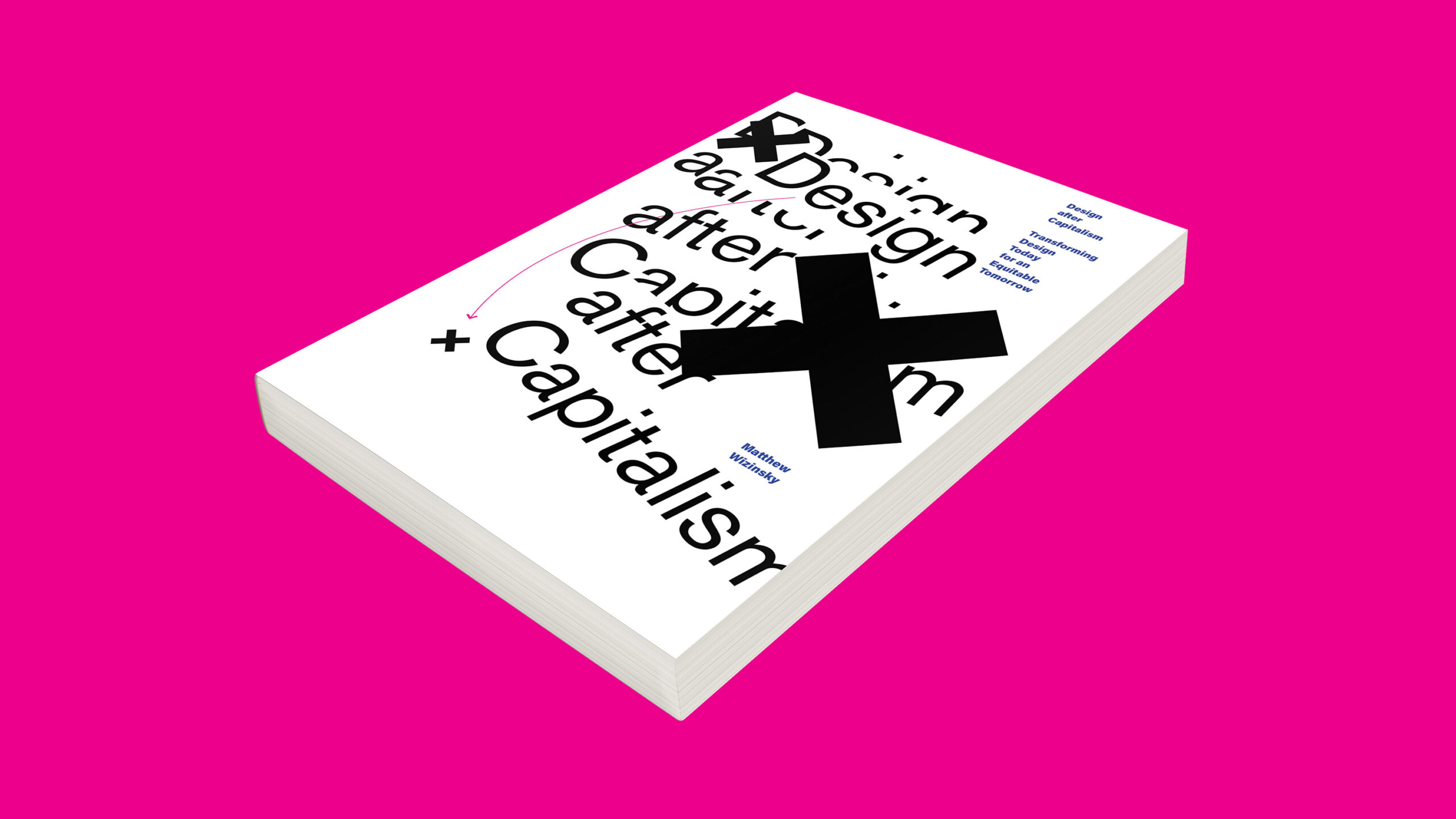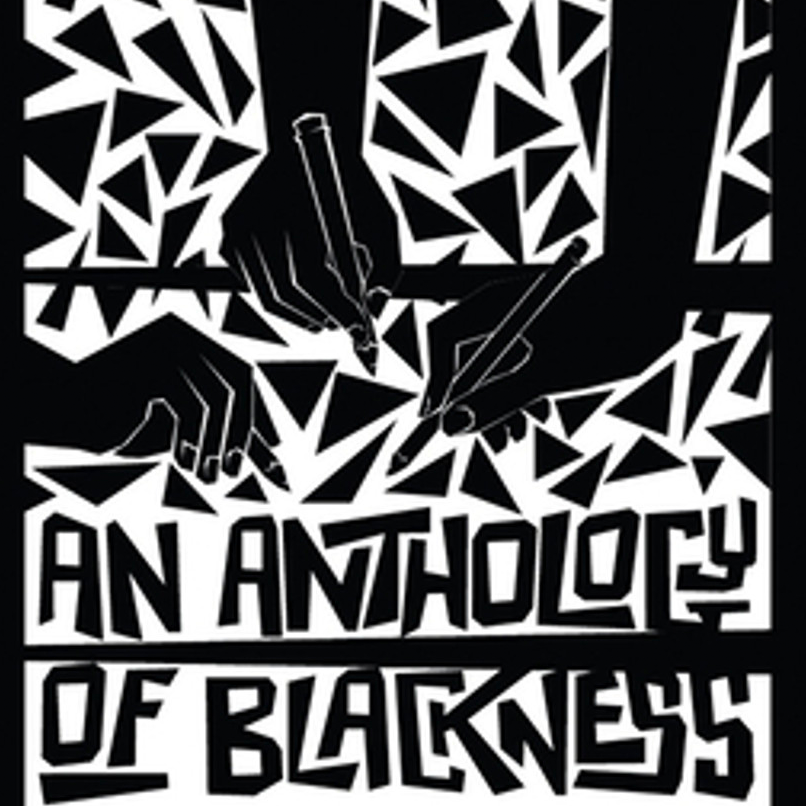
Matthew Wizinsky|Books
December 31, 2009
Design after Capitalism

Editor’s Note: The following is an overview of Design after Capitalism by author Matthew Wizinsky. You can find a Reader’s Guide and more resources related to the book at designaftercapitalism.org. The book is out now from MIT Press.
In Design after Capitalism, I argue for a deliberate transformation of design practices toward new forms of everyday politics, social relations, and economics. By assessing design through the lens of political economy, we can find pathways beyond current thinking and practices. Designers today are uniquely situated to combine entrepreneurship with social empowerment to facilitate new ways of producing the things, symbols, and experiences that make up everyday life.
Since their inception over a century ago, professional design practices have generally operated under the principles of a capitalist economy. Today, capitalism is in the midst of two crises: a crisis of productivity, and a crisis of legitimacy. Networked digital technologies are producing free, abundant information goods and services that threaten the basic logics of property, production costs, and value. Meanwhile, escalating inequality, corporate and political corruption, an accelerating ecological catastrophe, rapid economic disruptions, and massive accumulation of wealth by a very small number of people are creating widespread discontent. Today, most young people in the US and UK no longer support capitalism. Yet they hold no cohesive vision for an alternative. This means that the future users, clients, and constituents of design—including future designers themselves—are looking for alternatives to “business as usual.” Business as usual is not working for the majority of people on the planet, and it’s not working for the planet itself.
Throughout history, we can find case studies of alternative models of design practice. Today, some show indications of what “postcapitalist” models of design could look like. Designers and other innovators are finding creative ways to transform models of both production and labor. Some are demonstrating new roles design can play in a cooperative economy—one that puts social empowerment over naked profit. Others are leading new models of production through design. Still others are turning their attention away from “the new” altogether through designerly approaches to degrowth by creative practices of reuse and repair.
Based on a set of core principles and case studies, the book identifies actionable Postcapitalist Design Guidelines that can be put to use today. These are aimed at expanding design’s capacity to build and maintain community economies, expand social power over economic power, implement strategies of degrowth, and change the subjects of design from capitalist consumers to postcapitalist constituents actively engaged in producing their everyday needs and desires. Designers today, whatever their current practices or professional obligations, can begin making this transformation now.
To get the book click here, and to learn more visit designaftercapitalism.org.
Observed
View all
Observed
By Matthew Wizinsky
Related Posts

Sustainability
Delaney Rebernik|Books
Head in the boughs: ‘Designed Forests’ author Dan Handel on the interspecies influences that shape our thickety relationship with nature

Design Juice
L’Oreal Thompson Payton|Books
Less is liberation: Christine Platt talks Afrominimalism and designing a spacious life

The Observatory
Ellen McGirt|Books
Parable of the Redesigner

Books
Jennifer White-Johnson|Books
Amplifying Accessibility and Abolishing Ableism: Designing to Embolden Black Disability Visual Culture
Recent Posts
Minefields and maternity leave: why I fight a system that shuts out women and caregivers Candace Parker & Michael C. Bush on Purpose, Leadership and Meeting the MomentCourtney L. McCluney, PhD|Essays
Rest as reparations: reimagining how we invest in Black women entrepreneurs Food branding without borders: chai, culture, and the politics of packagingRelated Posts

Sustainability
Delaney Rebernik|Books
Head in the boughs: ‘Designed Forests’ author Dan Handel on the interspecies influences that shape our thickety relationship with nature

Design Juice
L’Oreal Thompson Payton|Books
Less is liberation: Christine Platt talks Afrominimalism and designing a spacious life

The Observatory
Ellen McGirt|Books
Parable of the Redesigner

Books
Jennifer White-Johnson|Books
